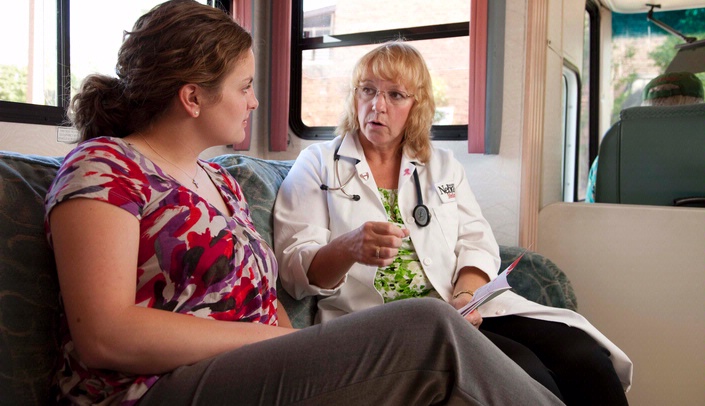The Behavioral Health Education Center of Nebraska (BHECN) recently released its legislative report summarizing its efforts to improve access to behavioral health care across the state by developing a skilled and passionate workforce.
With 78 out of 93 counties in Nebraska experiencing a high need for behavioral health services and 32 counties lacking a behavioral health provider of any kind, BHECN continues to develop solutions to recruit, train and retain behavioral health professionals, especially in rural and underserved communities. With over half of the state’s practicing psychiatrists, psychologists, and psychiatric nurse practitioners over the age of 50, the shortage is expected to grow in the next decade.
“Now in our sixth year of serving the state, we’ve come a long way in building relationships and establishing a common ground to facilitate workforce growth,” said Howard Liu, M.D., director of BHECN and assistant vice chancellor for faculty development at UNMC. “It’s truly a collaborative effort to meet the needs of our current and future workforce.”
As highlighted in the report, through the Ambassador Program, BHECN introduces students from rural communities to behavioral health careers beginning in high school and following them through professional studies. With this “grow our own” approach, BHECN has connected with nearly 2,000 high school and college students to create a pipeline of future behavioral health professionals.
Using a two-year educational grant awarded by the University of Nebraska Rural Futures Institute, this effort is extended through the Virtual Mentorship Network, which connects students statewide via teleconferencing to behavioral health mentors in their area of interest.
“Creating meaningful mentorship opportunities and connecting students with real experiences are key strategies,” Dr. Liu said. “Sharing personal stories about a provider’s career path and rural practice really makes a difference for students entering the mental health field.”
BHECN also funds and supports behavioral health trainees and psychiatric residents who experience firsthand what it’s like to provide care in rural communities through scheduled rotations across the state. This year, seven of the 11 psychiatric residents chose to stay in Nebraska to begin their professional careers.
Reaching the professional community, BHECN has conducted live and online training for more than 3,200 individuals including clinical professionals, such as psychiatrists, psychologists and addiction counselors, and the general public, such as teachers, law enforcement officers and first responders. Professionals can also search jobs throughout the state via a free jobs board, NebraskaBehavioralHealthJobs.com, launched earlier this year in partnership with Region 5 Behavioral Health Systems.
For more information about BHECN or to view the legislative report, visit www.unmc.edu/bhecn.
The Behavioral Health Education Center of Nebraska (BHECN) was established in 2009 by Legislative Bill 603 to improve access to mental health and substance abuse services, commonly referred to as behavioral health services, for all Nebraskans through development of a skilled workforce. It is a unique partnership among the state legislature, academic institutions and community partners to create a statewide workforce solution for the shortage of licensed behavioral health professionals.
